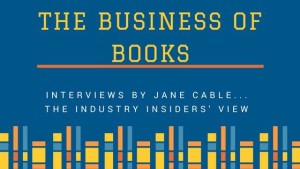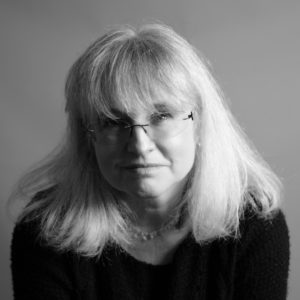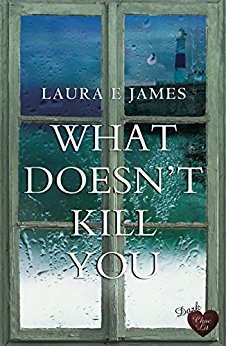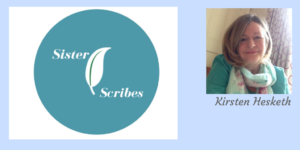 I’m writing this on 30th October. It’s nearly a very important date … and one that has been eyeballing me from the calendar for weeks. No, not Halloween – with both children at uni (sob!), there seems little point in ‘celebrating’, (although we have been invited to Zoom into the wedding of the daughter of American friends in our finest Halloween regalia tomorrow!) Not even Firework Night which I do enjoy and which was An Important Social Occasion growing up (and I once got off with Paul Richardson from the swimming club at the Beaconsfield Firework Display in 1977) ….
I’m writing this on 30th October. It’s nearly a very important date … and one that has been eyeballing me from the calendar for weeks. No, not Halloween – with both children at uni (sob!), there seems little point in ‘celebrating’, (although we have been invited to Zoom into the wedding of the daughter of American friends in our finest Halloween regalia tomorrow!) Not even Firework Night which I do enjoy and which was An Important Social Occasion growing up (and I once got off with Paul Richardson from the swimming club at the Beaconsfield Firework Display in 1977) ….
No. November 1st marks the beginning of #NaNoWriMo …. and I can’t wait!
For the uninitiated, #NaNoWriMo stands for National Novel Writing Month and the challenge is to try and writing 50,000 words (the best part of a novel – or, at least, the first draft) during the month of November. Bonkers, but fun!!!
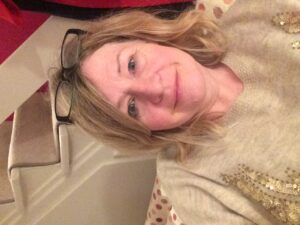 I’ve attempted – and completed – NaNo once before in 2017. I loved it – and I think it suits me and my writing very well. I have a terrible habit of ignoring the old adage ‘don’t get it right, get it written’ and I can spend hours – days – polishing and repolishing the same old passages or chapter – passages or chapters that never actually make it into the final cut!! What a monumental waste of time and effort that is! So, for me, there’s something very liberating about ‘having’ to write 1,667 words a day, come hell or high water (and there’s been a lot of that, lately, hasn’t there?!) No time to angst over the perfect word, the perfect phrase, the perfect cadence. All that can come later. Now is just the time to get the bare bones of the story down, to ‘tell it to myself’, to commit it to paper. Onwards, always onwards – no looking back – after all, you ‘can’t edit an empty page’! And, for me, all that striving forward makes me a better (maybe) – certainly a braver – writer. With little time to ‘vet’ what I am writing, now is the time to take risks, to go with the flow and to see where it takes me. After all, I can sort it all out later …
I’ve attempted – and completed – NaNo once before in 2017. I loved it – and I think it suits me and my writing very well. I have a terrible habit of ignoring the old adage ‘don’t get it right, get it written’ and I can spend hours – days – polishing and repolishing the same old passages or chapter – passages or chapters that never actually make it into the final cut!! What a monumental waste of time and effort that is! So, for me, there’s something very liberating about ‘having’ to write 1,667 words a day, come hell or high water (and there’s been a lot of that, lately, hasn’t there?!) No time to angst over the perfect word, the perfect phrase, the perfect cadence. All that can come later. Now is just the time to get the bare bones of the story down, to ‘tell it to myself’, to commit it to paper. Onwards, always onwards – no looking back – after all, you ‘can’t edit an empty page’! And, for me, all that striving forward makes me a better (maybe) – certainly a braver – writer. With little time to ‘vet’ what I am writing, now is the time to take risks, to go with the flow and to see where it takes me. After all, I can sort it all out later …
NaNoWriMo Mark Two is a different beast for me, though. When I attempted it three years ago, getting an agent – let alone a publishing deal – was just a twinkle in my eye. Now I am lucky enough to have my debut novel ‘out there’ as a proper book, thanks to Canelo. I also have a deal with Hodder & Stoughton for a saga series set in London in World War One. The first book in the series is done and dusted (and out next April) and I am due to start work on the second. To begin with, I dithered. Should I bash out a first draft during NaNo or make a start on the ghostly rom-com I’m dying to write? In the end, I wrote a couple of pages of the second saga book, fell in love with it – and now I want to keep going. So I’m good to go!
Five-page plan agreed with my editor – tick!
Online group of writing buddies – tick! If last time is anything to go by, I will really need them from days 17 to 20 and I’m ready to support them in any way I can too.
Are you doing Nano?
If so, good luck – and see you on the other side!

